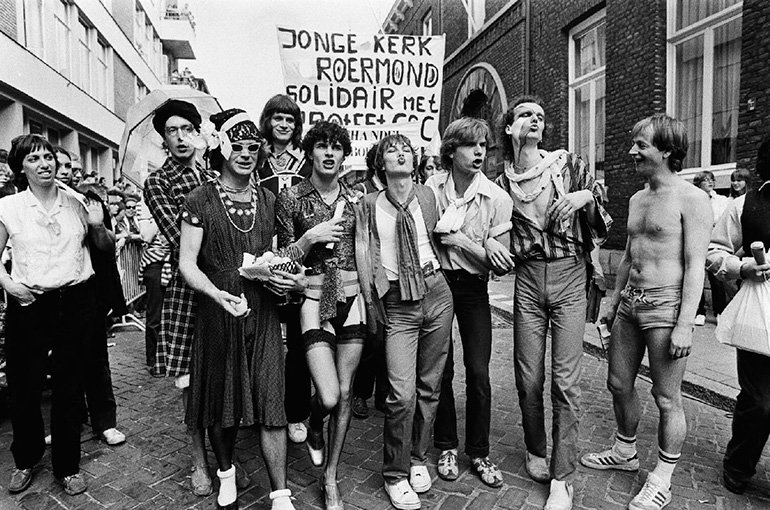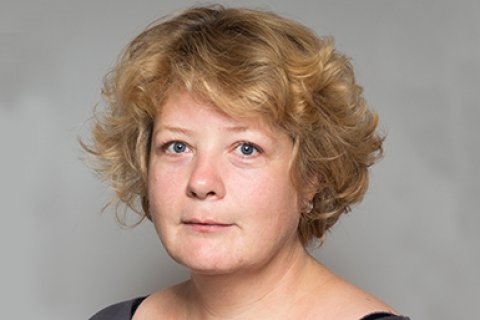Research into Dutch queer history, which is constantly evolving

The rainbow community of the Netherlands has written its own history from around 1900 onwards. However, new insights and power relations are causing younger LGBTQ+ generations to question and re-evaluate their history. Assistant Professor of Public History, Education and Civic Engagement Marijke Huisman will be studying these dynamics.
A new generation of activists
For over a century, activists have been striving to make the Dutch history of LGBTQ+ individuals, organisations, and developments visible and embedded in collective memory. “There has been a search for historical role models and ‘roots’ for generations,” Huisman says. “Resulting in an array of historical products, from specialised archives to public books and journals, dissertations, and monuments.”

These activists focused mainly on the ‘pink history’ of white gay men. “Meanwhile, a newer generation has emerged that criticises that earlier historiography. And they say, for example, that there is not enough attention for queers of colour and transgender people.”
A more inclusive history
Like all other histories, that of the rainbow community is constantly changing. “This is due to several factors,” Huisman explains. “Which individuals and groups were dominant when in the emancipation process? As a result, which histories were or were not highlighted? Which persons or groups questioned the history narrative when and why? And how did they reshape it?”
These are also questions that Huisman aims to answer in her research. Using characteristic cases from Dutch LGBTQ+ history production that are diverse in terms of colour, gender, and sexuality, she wants to make it clear that ‘the’ LGBTQ history does not exist.
“Historiography is each time the stakes of the struggle. In doing so, research historicises or ‘queers’, as it were, the one-sidedly white and rather compartmentalised gay, lesbian and trans historiography to date. The goal: a more inclusive history.”
Public book ‘Queer History of the Netherlands’
For her research, Huisman has been awarded a grant of 37,500 euros from the Lira Fund Foundation. The research will result in the public book ‘Queer History of the Netherlands’. In addition, Huisman, together with subject didactician Hanneke Tuithof, will incorporate her research in a programme for teachers of humanities subjects in secondary education.
‘Queer history of the Netherlands’ is scheduled for publication by Atlas Contact publishers in spring 2026.

